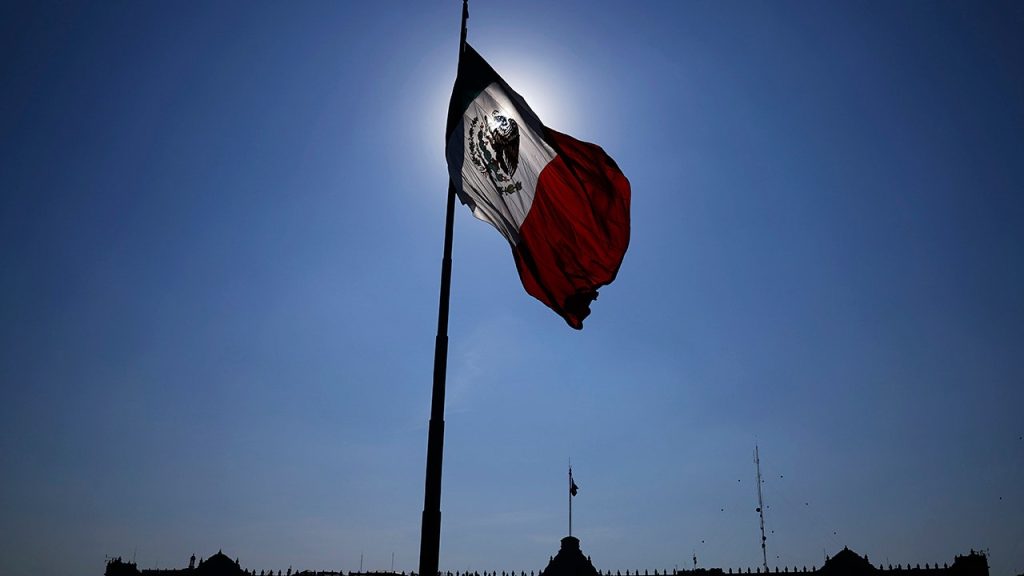Mexico experienced hours of rolling blackouts due to high temperatures and temporary drops in electrical power generation, with the largest power cut affecting about 5% of customers for four hours. The blackout was exacerbated by a spike in power demand in the evening and lower output from hydroelectric dams and solar power due to drought and cloud cover. Mexico City, which has seen record-breaking temperatures this year, reached 92 degrees on the day of the blackouts, with a third of the country expected to reach 113 degrees the following day. This was an embarrassment for President Andrés Manuel López Obrador, who has prioritized state-owned power plants over private power generators, leading to concerns about the environmental impact of this decision.
To slow migration to the U.S., Mexico has implemented visa requirements for Peruvians, adding to the list of countries required to obtain visas to enter Mexico. This decision was made in response to the increase in migration flow from Peru to the U.S., with many Peruvians passing through Mexico on their journey. By requiring visas for Peruvians, Mexico hopes to reduce this migration flow and regulate the entry of foreigners into the country. This move aligns with Mexico’s efforts to secure its borders and control the movement of people across its territory, particularly as migration from other countries, such as Haiti, continues to rise.
The rolling blackouts in Mexico were a result of the combination of high temperatures, increased power demand, and drops in power generation from hydroelectric dams and solar power. The blackout primarily affected residential customers, lasting for a total of five hours but likely less for individual customers due to the rolling nature of the blackouts. President López Obrador’s focus on state-owned power plants over private generators has raised concerns about the environmental impact of relying on dirtier fuel sources for electricity generation. The president’s efforts to increase the role of the state-owned power company have led to an overreliance on polluting methods of power generation, highlighting the need for a more balanced and sustainable approach to energy production in Mexico.
Mexico City, known for its high altitude and cool nights, has experienced higher temperatures and reduced cooling at night, contributing to the record-breaking heat seen in the region. This change in climate patterns has put additional strain on the power grid, exacerbating the challenges faced by the country in maintaining a stable electricity supply. The government’s National Center for Energy Control has reported that the blackout lasted around four hours for the largest group of affected customers, with power generation dropping unexpectedly due to a combination of factors. As Mexico continues to grapple with the impacts of climate change, including droughts and extreme temperatures, the issue of power generation and distribution becomes increasingly important for the country’s resilience and sustainability.
The decision to implement visa requirements for Peruvians entering Mexico reflects the country’s broader efforts to control migration flows and regulate the entry of foreigners into its territory. With increased migration from Peru to the U.S. passing through Mexico, the government has taken steps to address this issue and reduce the burden on its borders. By requiring visas for Peruvians, Mexico aims to manage the movement of people more effectively and prevent unauthorized crossings. This policy change aligns with Mexico’s overall immigration strategy, which includes partnerships with other countries to address migration challenges and ensure the orderly and legal movement of people across borders. By taking proactive measures to address migration flows, Mexico can better control its borders and protect the rights of both migrants and citizens.
Overall, the rolling blackouts in Mexico and the implementation of visa requirements for Peruvians highlight the complex challenges facing the country in terms of energy security and migration control. The blackout was a result of multiple factors, including high temperatures, increased power demand, and drops in power generation from renewable sources. President López Obrador’s focus on state-owned power plants has raised concerns about the environmental impact of relying on polluting fuel sources for electricity generation. In response to the migration flow from Peru, Mexico has introduced visa requirements to regulate the entry of foreigners and manage migration flows more effectively. These developments underscore the need for a comprehensive approach to addressing the interconnected issues of energy production, climate change, and migration in Mexico.













